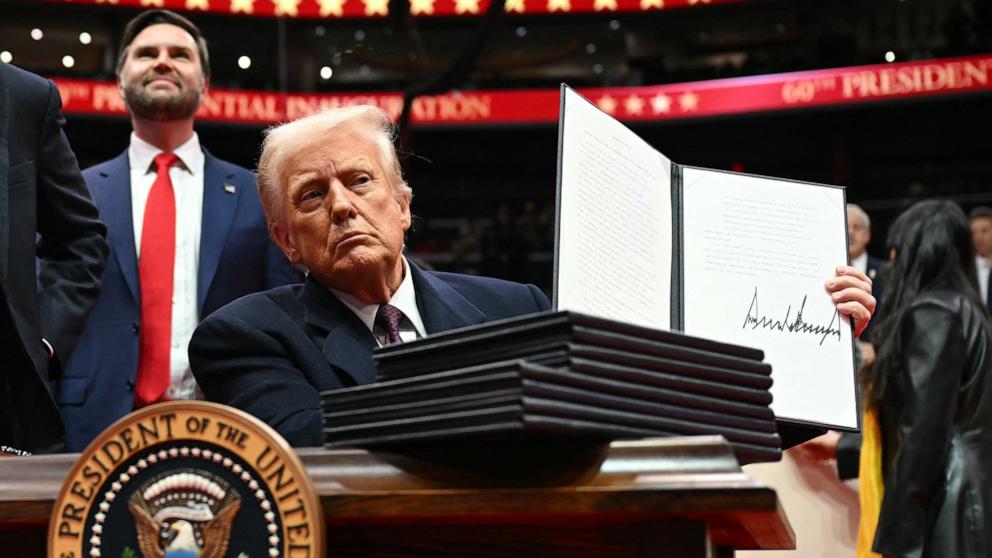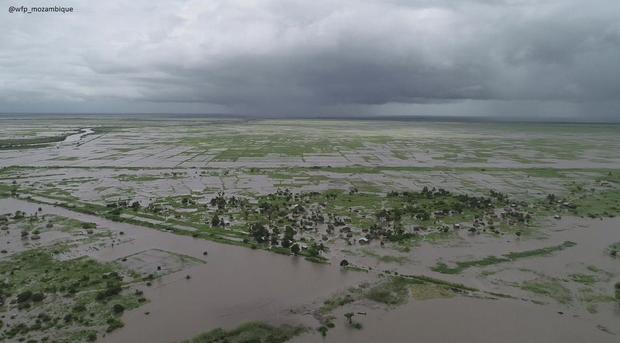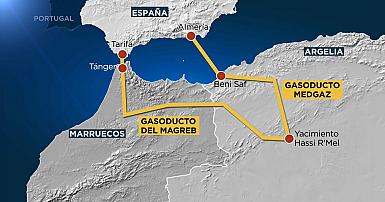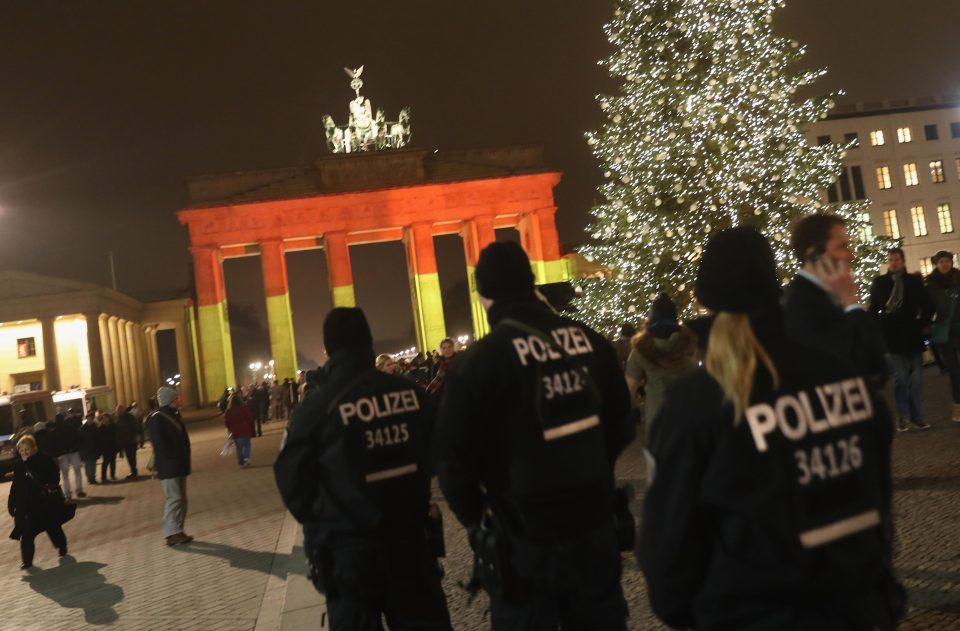US president Donald Trump has unveiled a controversial new tariff policy, imposing sweeping duties on imports from over 180 countries, including 51 African nations.
The tariffs, which include a baseline 10% on all imports and higher duties on certain countries, are part of Trump’s strategy to combat what he describes as unfair trade practices that have “pillaged” the U.S. economy. The announcement, made in a speech at the White House, framed the tariffs as a necessary step toward “economic independence” for the United States. Trump criticized other nations, including several African states, for what he called unfair trade practices, highlighting a 60% tariff that South Africa imposes on U.S. imports. South Africa, along with other African countries such as Nigeria and Kenya, will face higher duties, with some nations seeing tariffs of up to 50%.
This move, labeled by Trump as “Liberation Day,” marks a stark departure from the U.S.’s long-standing policy of trade liberalization with Africa. The new tariffs are expected to disrupt trade relationships, particularly with African nations that have benefited from preferential agreements with the U.S. Critics warn that the tariffs could exacerbate economic instability in some of the continent’s most vulnerable countries, already grappling with foreign aid cuts. Other African countries hit with extra tariffs include 50% for Lesotho, 47% for Madagascar, 40% for Mauritius and 37% for Botswana. While Trump claims the tariffs will stimulate U.S. growth and protect American jobs, the global market has reacted with concern about potential retaliatory tariffs and the broader economic fallout from escalating trade tensions.



